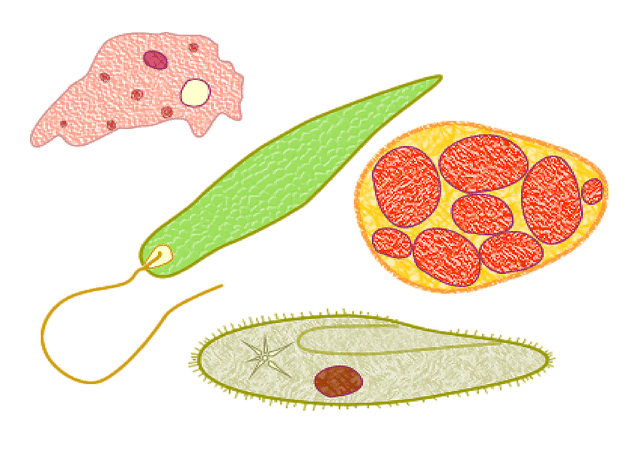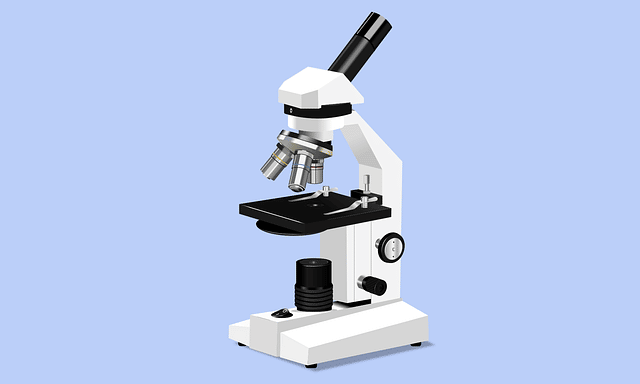
Protozoology studies eukaryotic organisms, which are usually microscopic.
A protozoan is an organism that is usually microscopic in size and is made up of a single cell or a group of cells that are identical to each other . The scientific specialty dedicated to the study of protozoa is called protozoology .
A branch of zoology
It can be said that currently protozoology is a branch or area of zoology , the science focused on animals. Its specialists work with eukaryotic organisms (generally microscopic although there are exceptions) that are heterotrophic . Protozoa usually reproduce asexually, but there are some that develop sexual reproduction.
Protozoology, in this framework, investigates the evolution of protozoa and the taxonomy , physiology and structure of these beings. It also seeks to generate knowledge about its life cycle, its behavior and its interaction with individuals of the same and other species.
Although the first relevant discoveries took place after 1650, protozoology was only able to consolidate itself as a discipline in the 19th century . Due to changes in the classifications of living beings that were recorded throughout history, linked to technological advances and successive discoveries, the object of study and the characteristics of protozoology were mutating.
Applications
The applications of protozoology are varied. Their contributions, for example, are valuable for botany , veterinary science and medicine , since protozoa can cause diseases in plants, animals and people.
Centuries of advances
Anton van Leeuwenhoek (1632-1723) is considered the father of protozoology. This is because, thanks to his improvement of microscopes , he was a pioneer when it came to observing and analyzing protozoa, also known as protozoans . Their microscopes were not complex, but they specialized in the observation of the natural world, and represented a true revolution starting in the mid-17th century.
In 1786, the Danish scientist OF Müller carried out a systematic description of protozoa, something that until then had no precedent. A few decades later, in 1818, the German zoologist, naturalist and paleontologist Georg August Goldfuss took another important step for protozoology, when he coined the word "protozoan", which he proposed to encompass all the unicellular organisms that he considered primitive . that is, those that are related to "the origin of life."
The zoologist, doctor and naturalist Félix Dujardín , originally from France, contributed some studies in 1841 about what was then called sarcoda (which later became known as protoplasm ), thanks to which scientists of the time were able to interpret the structure of the cell, and later understand that protozoans are organisms that have a single cell.

The microscope is a fundamental tool of protozoology, and has been around for centuries.
Another important and influential name in the framework of protozoology was Johann Adam Otto Bütschli , another German scientist educated in various disciplines. From 1880 to 1889, three of his volumes on Protozoa were published, thanks to which the scientific community began to refer to him as the architect of protozoology . It is necessary to mention that his contributions continue to be appreciated even today, in parts of the modern structure of this discipline.
Anton van Leeuwenhoek
He was born on October 24, 1632, in the city of Delf, belonging to South Holland. In addition to his work in the scientific field, he also dedicated himself to commerce. We cannot fail to highlight that he made his microscopes himself , a fact that makes his discoveries even more worthy of admiration. He is considered the "father of microbiology" and a pioneer in experimental and cellular biology.
